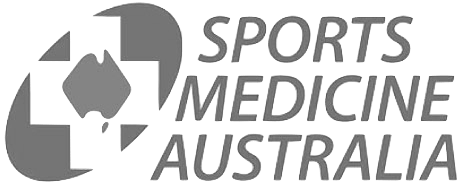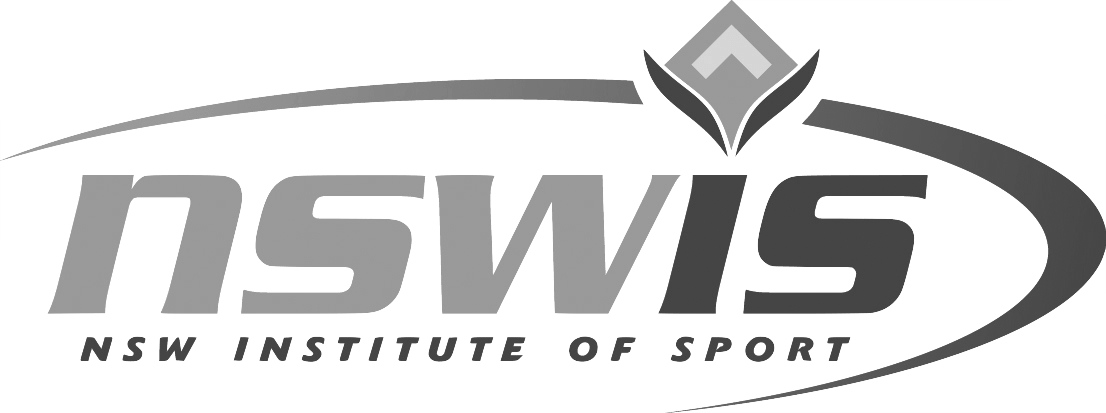Pentosan
We regret to inform you that Dr David Samra is no longer prescribing Pentosan. We apologise for any inconvenience this may cause and appreciate your understanding.
What is Pentosan?
Pentosan or Sodium pentosan polysulfate (PPS) is a medication used in humans for more than 60 years. It is a semi-synthetic complex carbohydrate manufactured from European beech xylans and is well tolerated by the body.
Elmiron is an oral form of Pentosan that is approved for treatment of an inflammatory condition of the bladder called "interstitial cystitis". When injected twice per week for 6 weeks, Pentosan has been shown to improve painful bone marrow lesions under worn cartilage in knee osteoarthritis patients. The agent being developed by Paradigm Pharmaceuticals is called Xilosul and requires TGA special access scheme approval while clinical trials are underway, because it is currently an off-label medication given via subcutaneous injection (similar to insulin injections into the skin of the thigh or stomach). Pentosan is not injected into the joint and therefore must have a systemic (whole body) effect on Osteoarthritis, suggesting there are systemic causes for the disease.
Why Consider Pentosan?
Treatment for pain in people with osteoarthritis of the knee and lesions in the subchondral bone (the layer of bone just below the cartilage in joints which acts as a so-called “shock-absorber”) is limited.
Pentosan has been identified as a potential disease-modifying osteoarthritis drug (DMOAD). It's efficacy, safety, and patient satisfaction with mild radiographic knee osteoarthritis (OA) is good. Currently, the use of Pentosan is considered "off-label" for osteoarthritis.
When multiple joints are affected by OA, it can be difficult to provide treatment with local measures such as injections or surgery . There is a form of OA known as "Nodal Generalised OA", which commonly affects the hands, knees and more joints. Patients with multiple joint OA and evidence of painful bone marrow lesions may be candidates for Pentosan.
Pentosan is a potent anti-inflammatory and inhibitor of cartilage enzymatic breakdown.
PPS has multiple mechanisms of action:
- Improve blood flow to the sub-chondral bone under the worn cartilage
- Stimulate of cartilage matrix synthesis
- Prevent cartilage breakdown by enzymes
- Maintain the proteoglycan content in the articular cartilage
Treatment for pain in people with osteoarthritis of the knee and lesions in the subchondral bone (the layer of bone just below the cartilage in joints which acts as a so-called “shock-absorber”) is limited.
Pentosan has been identified as a potential disease-modifying osteoarthritis drug (DMOAD). It's efficacy, safety, and patient satisfaction with mild radiographic knee osteoarthritis (OA) is good. Currently, the use of Pentosan is considered "off-label" for osteoarthritis.
Pentosan Treatment Protocol
Pentosan (PPS) is administered as an injection to patients twice a week for a period of six weeks and early Phase 1 results have indicated that PPS works well to control knee pain in patients with bone marrow lesions (areas of bone bruising underneath regions without cartilage).
Among professional athletes using the medication, they report experiencing significantly less pain levels whilst maintaining high levels of activity.
Treatment For Sports Injuries
Arthritis and joint pain are common injuries among elite sportspeople.
These injuries are particularly prevalent in Aussie rules players because of the frequent jumping, running and tackling that the players undergo on a weekly basis.
Dr Samra has successfully treated a variety of elite athletes with injectable PPS via the TGA SAS (Special Access Scheme) for osteoarthritis and acute injuries, with concurrent bone marrow lesions.
Injectable PPS has not yet been approved for use in Australia, however, the TGA has granted special patients access if the patient is a candidate.
Alternative Arthritis Treatments
Osteoarthritis (OA) is the most widespread joint disease affecting the elderly population.
Dr Samra is considered an expert in Osteoarthritis management and has contributed to the latest Australian Clinical Care Standards.
It is critical to realise that the most important and powerful treatments for OA are lifestyle modifications with diet and exercise.
Common adjunctive treatments include non-steroidal anti-inflammatory drugs (NSAIDs), supplements of chondroitin sulphate and/or glycosaminoglycans are prescribed as non-operative treatments, but these are aimed and pain relief.
Recently, intraarticular injection of Hyaluronic Acid (HA) has become a common treatment. Platelet-rich plasma injections have also been explored. Neither of these agents have been shown to modify the disease process but may improve symptoms and function for many months.
Within the last few decades, the concept of disease-modifying osteoarthritis drugs (DMOADs) has been explored as therapeutic treatment for OA, with many drugs and inflammatory chemical blockers being trialed. Pentosan holds some promise as a disease modifier, but there is no strong evidence that it will be confirmed as one.
Side Effects and Complications
Side effects can occur with any medication, but when medications are "off-label" it is incumbent on a treating doctor to carefully monitor for these, cease the medication and ensure timely followup. For this reason, Dr Samra cannot consult patients who live outside Sydney for consideration of Pentosan treatment.
Pentosan is also a weak "blood thinner" and therefore may increase the risk of bruising or bleeding.
Along with its therapeutic effects, pentosan polysulfate sodium may cause some unwanted effects. Although not all of these side effects may occur, if they do occur they may need medical attention. These are very rare but can include: fever or chills, difficulty in breathing, rash, sore throat, unusual tiredness or vision impairment.










